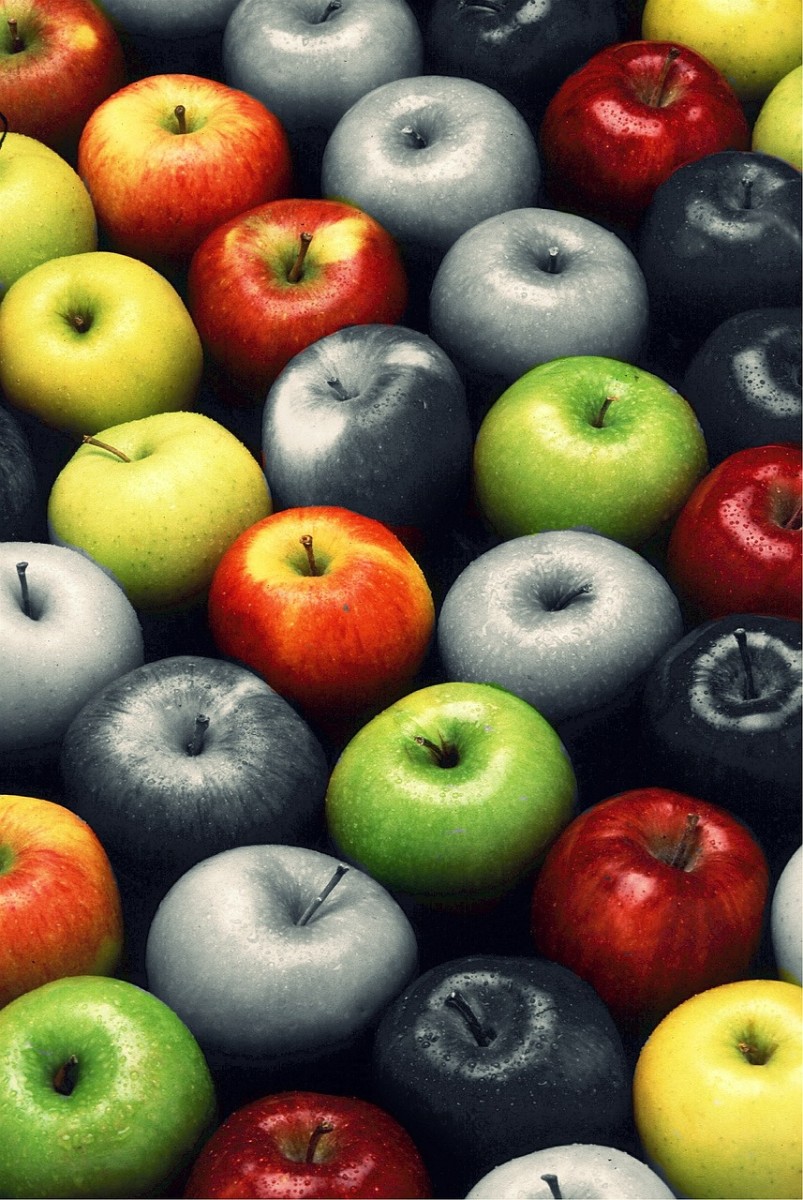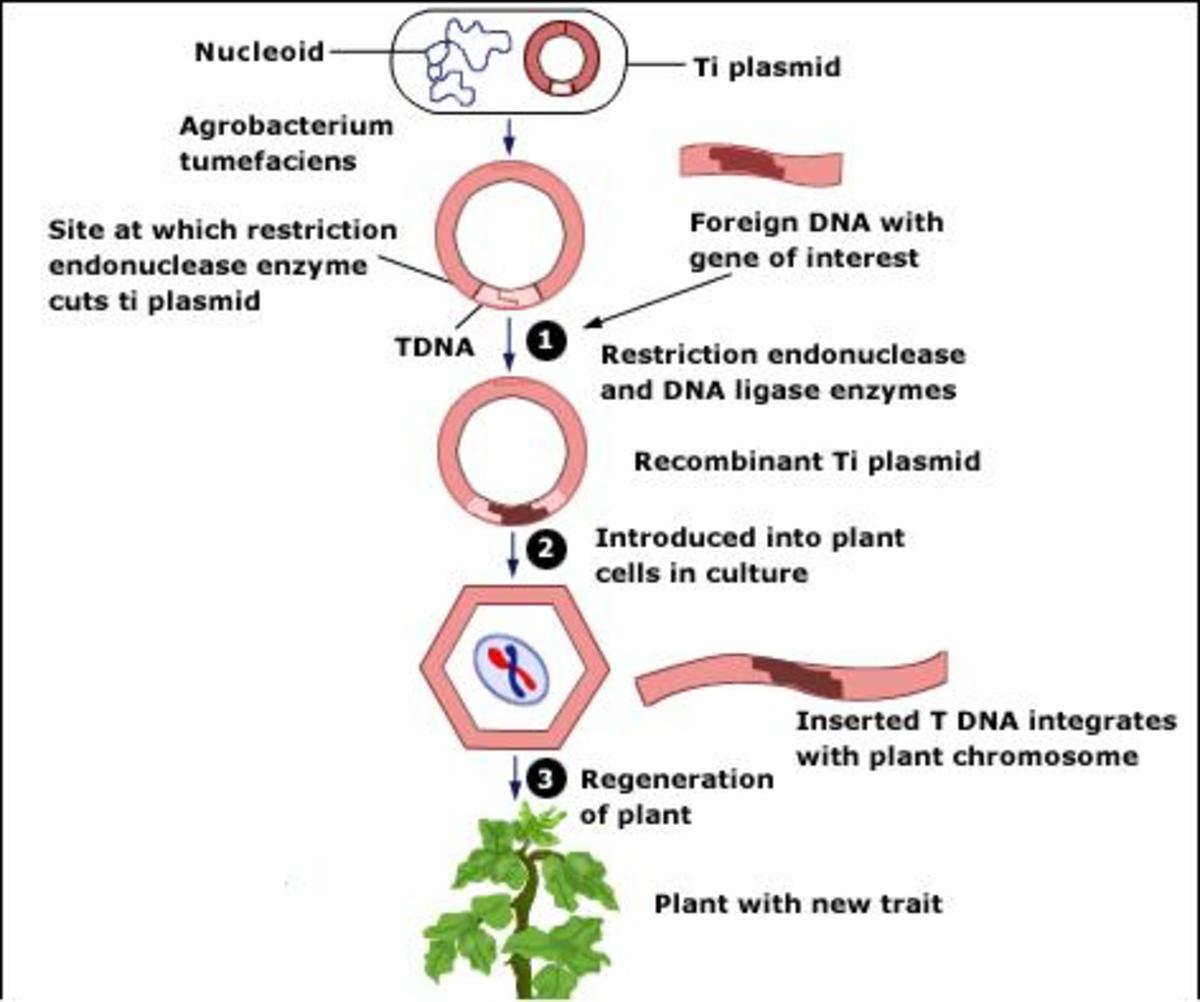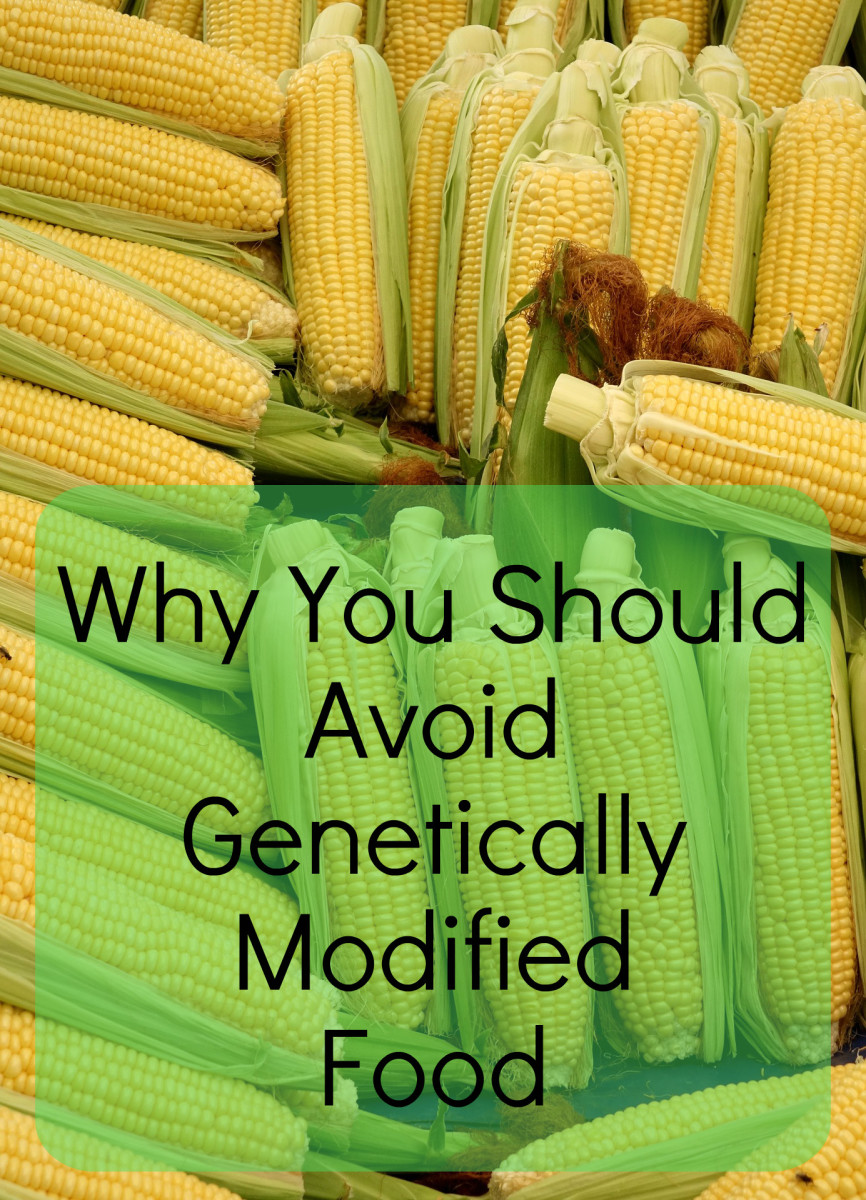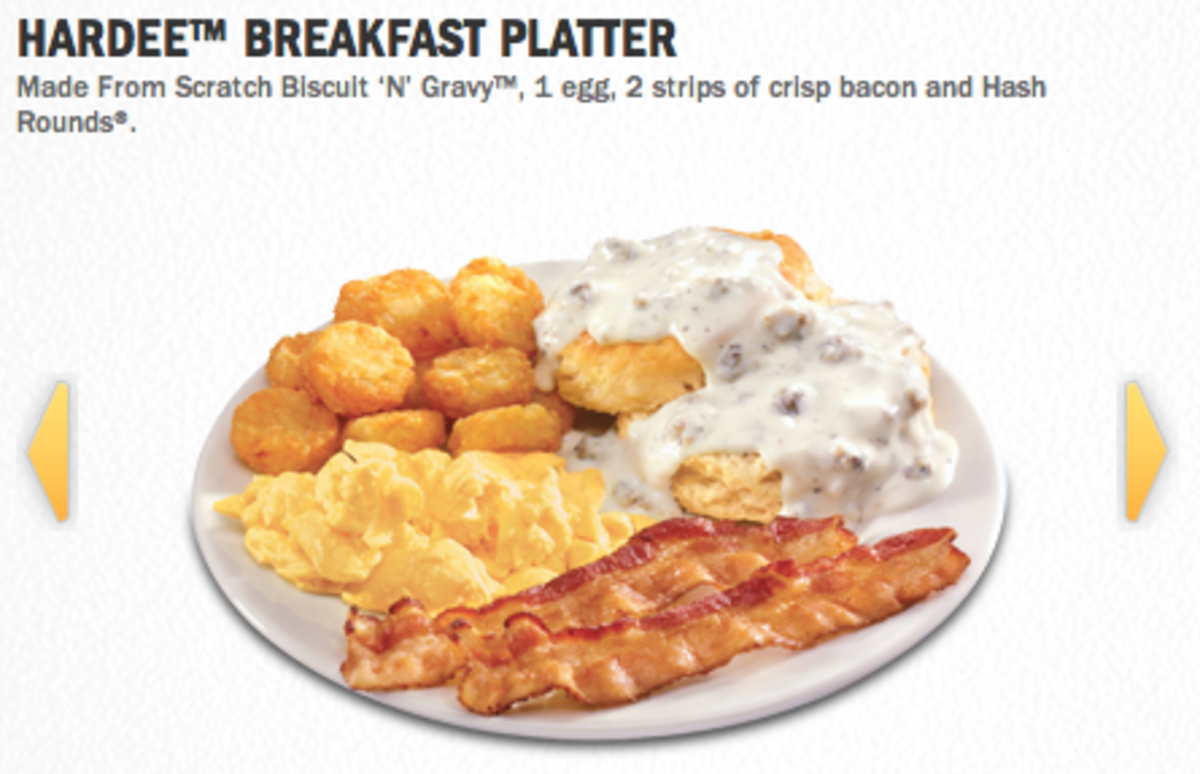Thanks to Monsanto, Eating Healthy has Taken on a Whole New Meaning
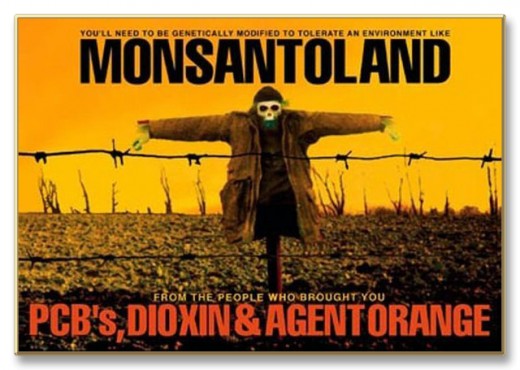
Remember the Good 'Ole Days
Remember when all you had to worry about was calorie intake? Just a few decades ago fat, sugar, and calories were really all a person had to watch to keep a healthy figure. Then, with the popularity of sodas and sweets, sugar became a bigger issue issue, but as long as you knew what to stay away from you felt like you could go to the grocery store and make wise decisions. Yeah, as long as you knew what to look for.
Today, knowing what to look for on labels requires a degree in biochemistry, and even then you still might not be sure of what you are getting. The sad truth is that it's not enough to know that dextrose, maltodextrin, and corn starch all mean corn. Because of lack of regulations on companies like Monsanto, GMO labeling is not required, so even if you think you are getting healthy tofu at the grocery, you could be getting tofu made form bio engineered Monsanto soy beans that are full of GMO's and other carcinogenic goodies and allergens.
The majority of people in America today do not even know what a GMO is. They don't know that the milk they buy at the grocery store includes puss from cows who have had a bovine hormone injected into them to increase milk production which lead to infections. They don't know that corn is in almost everything they eat, not because it's good for you, but because it's subsidized, and Monsanto is making billions off of it. They also don't know that they are unknowingly participating in the biggest experiment the world has ever known, and they--we-- are all guinea pigs.
What is a GMO and Why Should I Care?
GMO stands for genetically modified organism. The science is somewhat difficult to explain but in short, an organism that has had it's DNA tampered with, resulting in a new, but somewhat similar organism, and anything that then eats this new genetically modified organism, qualifies as a GMO. This might not be such a big deal if Monsanto wasn't doing this behind our backs and then lying to us by not providing appropriate labels on our food, but in the world of corporate industry, money is king. Sadly, our government is going along with this, too. In fact, the FDA and EPA are full of ex-Monsanto employees. This ensures that no regulation will stand in their way.
This is one reason why you should care. Your government, the government that is supposed to work for you, is lying to you and helping Monsanto use you as a guinea pig. Of course, this might come as no big surprise. After all, lately our government has proven to be one of the most corrupt in the world. Let's look back at how all the big banks and corporations don't pay any taxes while regular guys like us lose our houses.
But another reason why you should care about GMO's is that they are detrimental to your health. So what, everything is these days. Yeah, but there is a big difference between eating bacon everyday and knowing that it will raise your cholesterol, and eating what you think is a healthy bowl of Cheerios, when in fact it is full of GMO's that are carcinogenic, and not having a clue.
Why Are GMO's Such a Secret?
What Foods Have GMO's In It?
Everything. Currently 93% of our soybeans and 70% of our corn in genetically modified. Also, most of our cotton is genetically modified, as well. If you go to your pantry and pick up anything in a package and read the ingredients you will be sure to find either a corn or soybean product or by-product in it, which means it has GMO's in it. Also, anything that eats a genetically modified organism is also genetically modified. Farmers feed their pigs, chicken, cattle, and even fish now, corn. So any meat or dairy product you get form the store, unless it says 100% organic, will contain GMO's. This is a serious problem.
What Can I Do?
Buying organic food is one remedy and that's obviously the quickest one. However, finding organic foods is not that simple. You could try to grow your own food, but that also takes time and skill to do it right. Even if you are able to do just this much, there is still no guarantee that you won't be getting any GMO's into your diet. Once a seed is released out into the world there's no controlling it, so even growing your own food could mean contamination. But that doesn't mean we are all doomed.
It's been a few years since I first learned about the horrors of Monsanto. The best way to fight them is to arm yourself with knowledge. If you know what you are up against you can best determine how to fight back. I know I sound like I am preparing for war, but when a big corporation like Monsanto takes it upon themselves to volunteer unsuspecting people for an experiment, I take that personally.
Raising awareness is another way to fight back. At the end of this article are a few very informative links, one of which has several documentaries that I found very beneficial. Organizing is the best way to let Monsanto know that we want them out. Writing letters to your representatives and demanding that all food be labeled doesn't hurt.
There is no easy way to deal with this, but it can be done. The tobacco industry is a good example. Once upon a time cigarettes weren't required to have labels, either, but recently that has changed. We can't give up.
References
http://bestmeal.info/food/GMOs.shtml
http://www.organicconsumers.org/monsanto/materials.cfm
http://organicconsumers.org/monsanto/index.cfm
Books on Monsanto
More Articles By Emmaspeaks
- http://emmaspeaks.hubpages.com/_3kjgjy673mbcc/hub/ChristianPagan-Syncretism-in-Post-Conquest-Latin-A
Many Christian gods and deities in the Latin American world today carry a dual identity because of the Christian/Pagan syncretism that took place post conquest. - Japanese Hongaku
Japanese Buddhism is unique and different from other Buddhisms and Hongaku is one reason why that is. - What Does Brazilian Carnival and the Argentinian Tango Have in Common?- South America's Per
It's not hard to believe that countries in the 19th and early 20th centuries went through a period called, "whitening," in Latin America. - The Revolving Door Between Monsanto, the FDA, and the EPA: Your Safety in Peril
In order to provide truly ethical checks and balances within our government and the FDA and the EPA, one wouldn't expect there to be any compromising situations, like ex-Monsanto lawyers assigned to government posts, but that is exactly the issue we


